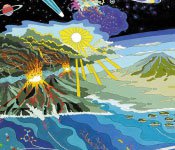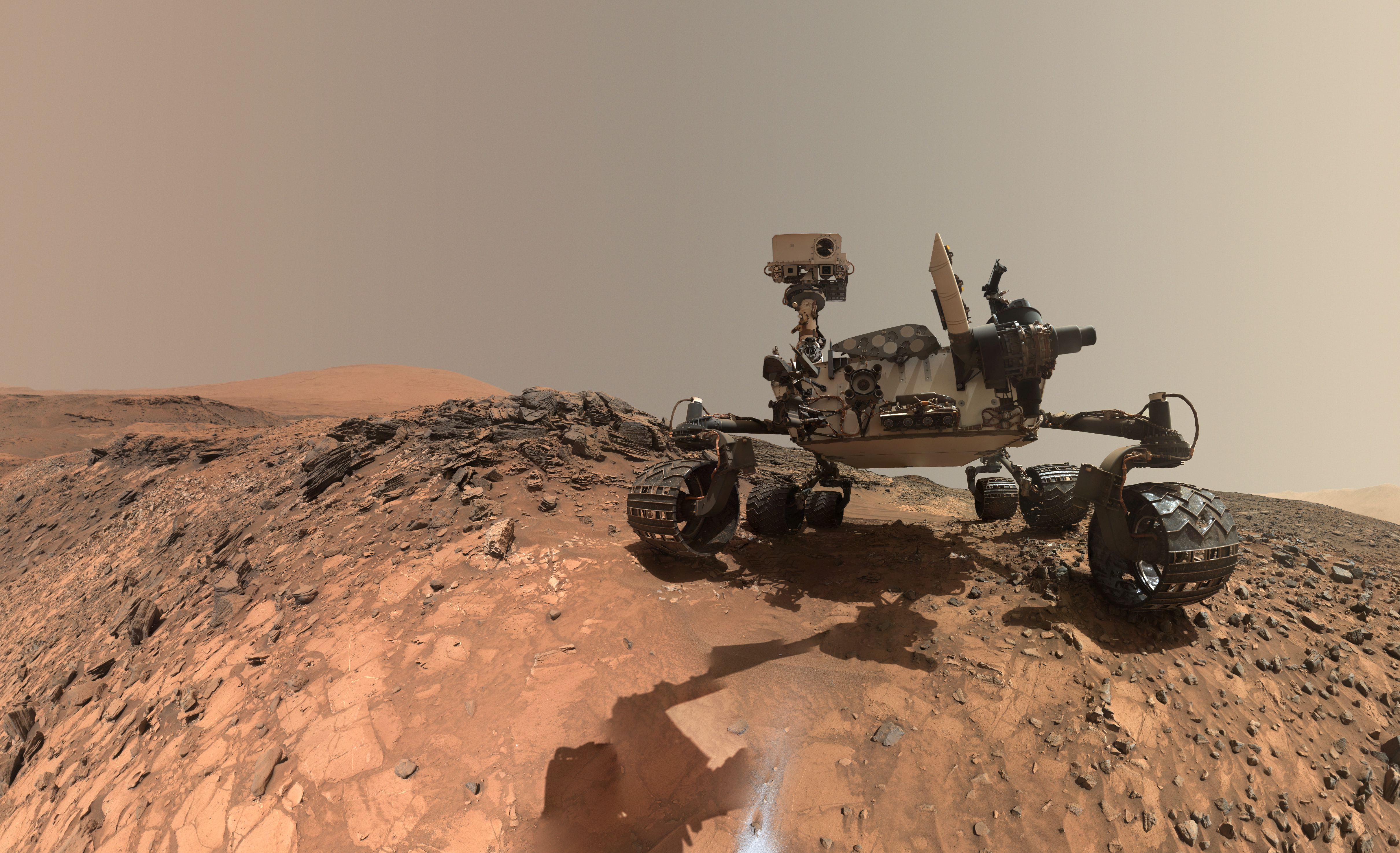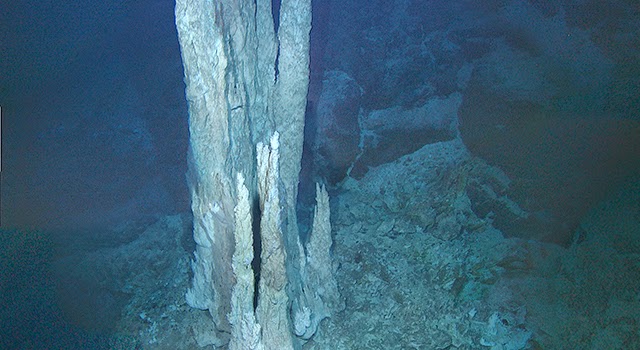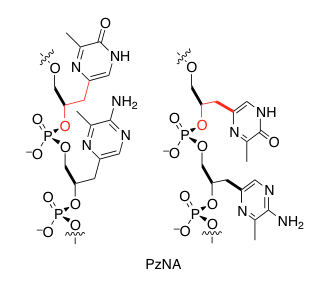
Lunar rocks and impact melts, lunar and asteroidal meteorites, and an ancient martian meteorite record thermal metamorphic events with ages that group around and/or do not exceed 3.9 Gyr. That such a diverse suite of solar system materials share this feature is interpreted to be the result of a post-primary-accretion cataclysmic spike in the number of impacts commonly referred to as the late heavy bombardment (LHB). We report numerical models constructed to probe the degree of thermal metamorphism in the crust in the effort to recreate the effect of the LHB on the Earth and Mars; outputs were used to assess habitable volumes of crust for possible near-surface and subsurface primordial microbial biospheres. Our analysis shows that there is no plausible situation in which the habitable zone was fully sterilized on Earth and Mars, at least since the termination of primary accretion of the planets and the postulated impact origin of the Moon. Our results explain the root location of hyperthermophilic bacteria in the phylogenetic tree for 16S small-subunit ribosomal RNA, and bode well for the persistence of microbial biospheres even on planetary bodies strongly reworked by impacts. In fact, on Mars, the LHB may have been very beneficial for habitability by generating widespread hydrothermal activity, releasing water vapor into atmosphere, and likely temporarily changing global climate to a warmer and wetter state.
 Investigating Habitable Environments on Mars Using Orbital and Rover-Based Imaging Spectroscopy
Investigating Habitable Environments on Mars Using Orbital and Rover-Based Imaging Spectroscopy Chemical Gardens, Chimneys, and Fuel Cells: Simulating Prebiotic Chemistry in Hydrothermal Vents on Ocean Worlds
Chemical Gardens, Chimneys, and Fuel Cells: Simulating Prebiotic Chemistry in Hydrothermal Vents on Ocean Worlds The Synthesis of an Artificial Genetic Polymer: From Small Molecules to Proto-Nucleic Acids
The Synthesis of an Artificial Genetic Polymer: From Small Molecules to Proto-Nucleic Acids Quantifying Constraints on Metabolic Diversity Patterns
Quantifying Constraints on Metabolic Diversity Patterns